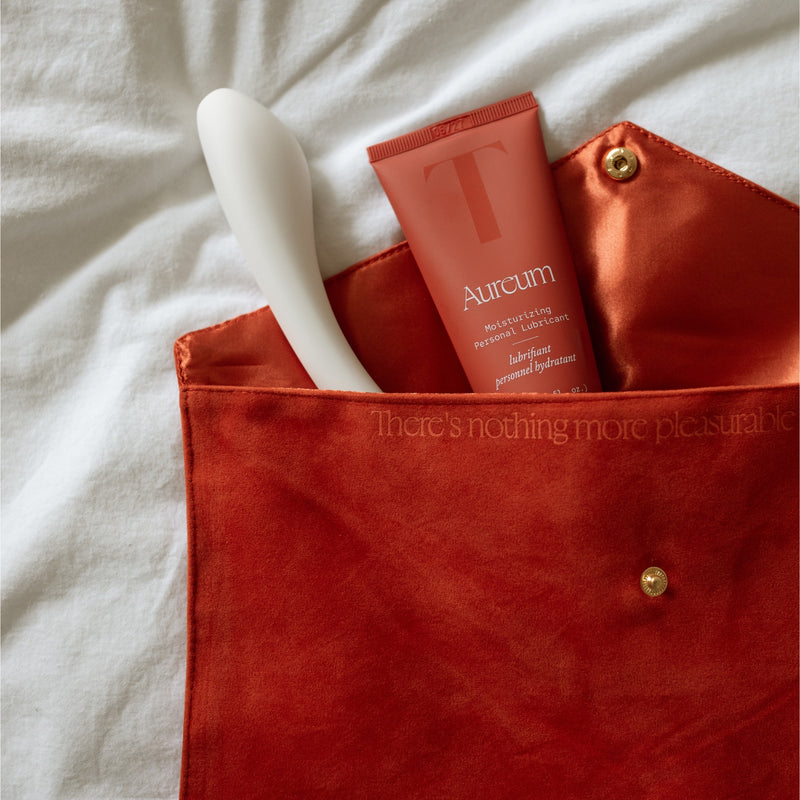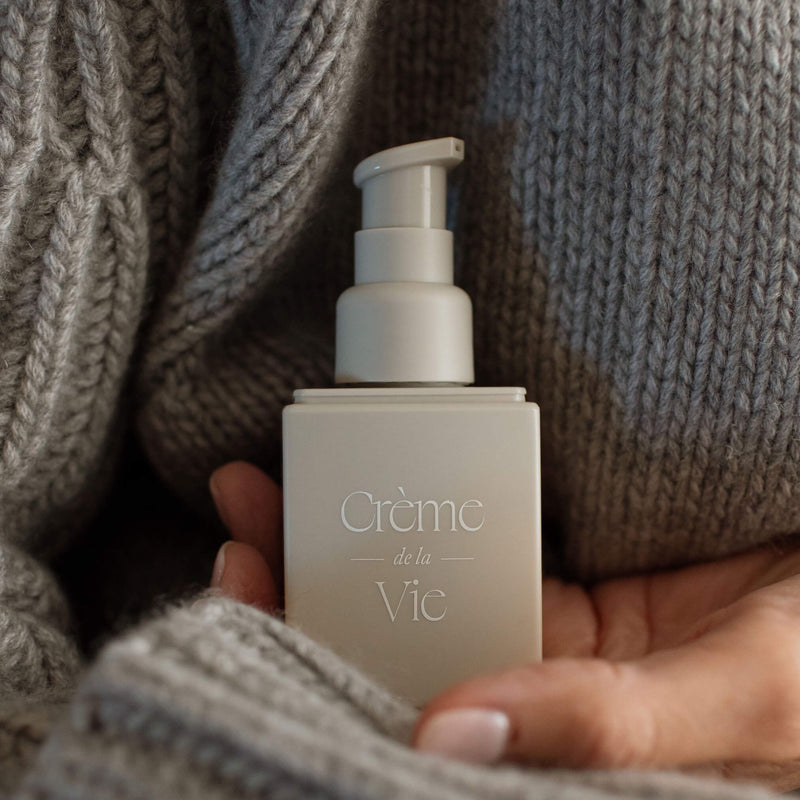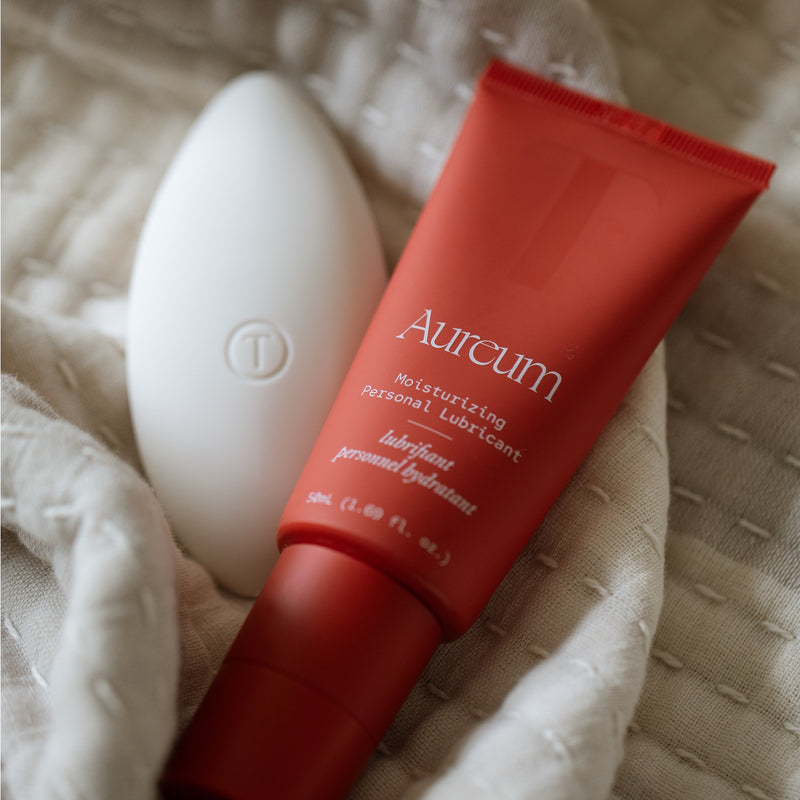Why Sex Drive Changes — and What You Can Do About it

Just like the moon, a woman’s level of sexual interest and sexual satisfaction waxes and wanes throughout her lifetime — only the changes a woman may experience are much harder to predict. Understanding the factors that can affect sexual arousal, desire and overall sexual satisfaction, along with what you can do to support your sexual wellness, might help you feel more empowered as you go through the natural, normal ups and downs of changes with your sex life.
Arousal, Desire and Satisfaction: What’s the Difference?
Sexual desire and arousal are similar, but not the same. Desire refers to an interest in sex, and is often used interchangeably with libido. Arousal is about the physiological response to sexual stimulation and is characterized by physical signs such as increased vaginal lubrication and blood flow to the genital area. And sexual satisfaction has to do with how much pleasure a woman receives from sex (which can include her ability to orgasm), and how she perceives her sex life.
“Sexual desire, otherwise known as libido, is predominantly mental. Sexual arousal, where things are happening that make your genitals and body feel like something is happening, is predominantly physiological,” explains Julie Bottarini, a physical therapist specializing in pelvic floor therapy who is also a trusted medical advisor for Tabu, a wellness company dedicated to supporting women’s sexual health as our bodies change over time.
Why Do Sexual Interest and Satisfaction Change?
There are many factors that affect a woman’s interest in (and enjoyment of) sex, according to Dr. Alyssa Dweck, MS, MD, FACOG, Chief Medical Officer of Bonafide. “It’s not only about hormones,” Dr. Dweck says.
“Sexual function involves biologic factors like blood flow and nerve function, hormonal factors, especially declining estrogen, psychologic and emotional issues, situational factors and of course medical conditions and medications. Relationship satisfaction and trust are highly associated with sexual satisfaction as well. If somebody is having an issue with their partner, their libido naturally is going to not be quite as high, or even present at all,” Dr. Dweck advises
In other words, the question of why sexual interest and satisfaction changes is a broad one, “with lots of different variables intertwined,” Dr. Dweck continues. Other factors that can affect sex drive and satisfaction include:
Pregnancy
Perimenopause and Menopause
Prescription Medications
Body Image
Supporting Healthy Sexuality
If vaginal dryness is affecting your sex life, Dr. Dweck strongly suggests starting with a nonhormonal moisturizer such as hyaluronic acid inserts. “I find Revaree® to be an absolute game changer for my patients,” she says.
Establishing a sexual wellness routine that includes self-pleasure can also help make sex a normal, positive part of your life. And Dr. Dweck recommends scheduling regular “date nights” as a way to prioritize regular connection with your partner. If you don’t have a partner, you should still make time to connect — with yourself.
Adds Bottarini, “One of the most important things a woman can do to boost her sex drive and satisfaction is make her sex life a priority!”
Aside from prioritizing sex, one of the best ways to support healthy sexuality is by sharing any concerns about libido or sexual satisfaction with your healthcare provider. “As a patient, you want to feel normalized, like you're not the only one suffering from this issue,” Dr. Dweck says. “And when you see your healthcare provider, you'll recognize that there's actually many tools that can be used to address these issues.”
“Talking about sex empowers you around sex,” Bottarini says. “Alone, it’s a struggle, but together, wisdom can be shared, and it feels so much less isolating.”
Resources
- https://www.verywellhealth.com/female-sexual-dysfunction-3521033
- https://www.medicinenet.com/characteristics_of_female_sexual_satisfaction/views.htm
- https://www.medicalnewstoday.com/articles/324556#pregnancy-and-sex-drive
- https://www.whattoexpect.com/first-year/week-18/lost-loving-feeling.aspx#changes
- https://www.vogue.com/article/postpartum-libido-experts-advice/amp
- https://www.medicalnewstoday.com/articles/320266
- https://www.merckmanuals.com/home/women-s-health-issues/sexual-dysfunction-in-women/orgasmic-disorder-in-women
- https://www.singlecare.com/blog/low-libido-caused-by-medication/
- https://www.psychologytoday.com/us/blog/married-and-still-doing-it/201812/is-body-image-affecting-your-sex-life?amp
- https://www.ncbi.nlm.nih.gov/pmc/articles/PMC5963213/
- https://www.verywellmind.com/how-stress-can-lead-to-low-libido-3145029
- https://pubmed.ncbi.nlm.nih.gov/33293236/









